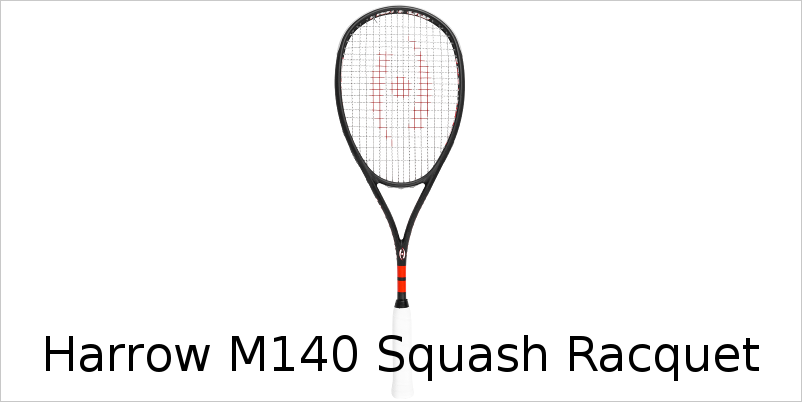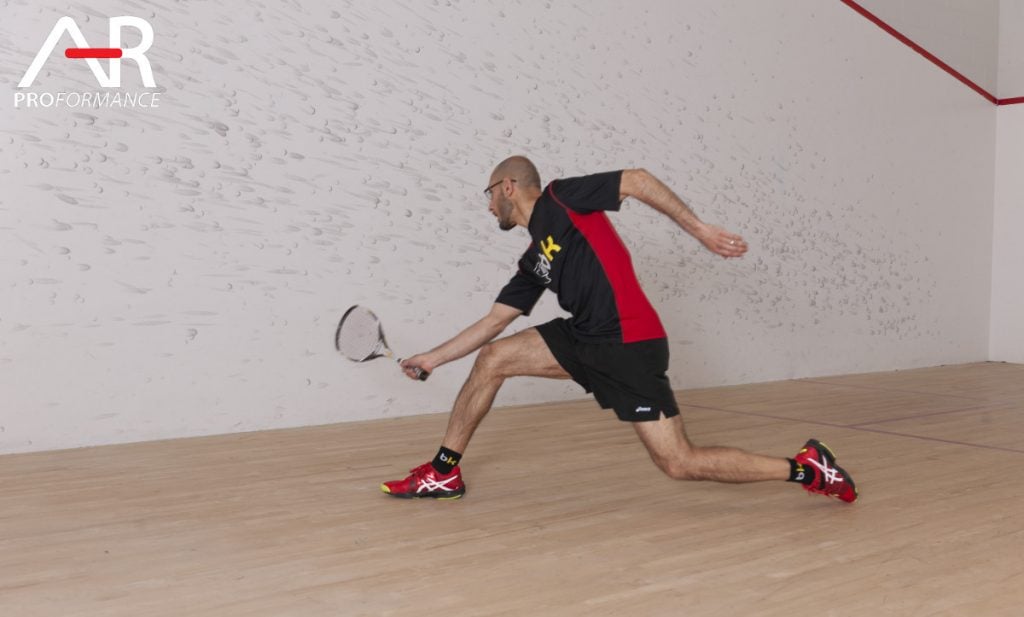People often wonder why there are so few upsets at the very highest levels of pro squash. It is considered a major upset when someone outside the top 10 beats one from the top five, and seeing someone outside the top 20 take out one of the top boys happens only once or twice a year. Contrast this with tennis, where it is not uncommon to have several of the top 10 crash out early in a tournament. Even the dominant trio of Djokovic, Nadal and Federer fall victim to up and comers barely inside the top 30 from time to time. In my opinion, there are a few different explanations for this difference in dramatic upsets.
To begin, it is much harder to win a point quickly in squash than tennis. A big server can steal two or three points per game, and the rallies are less drawn out. Outright winners and unforced errors happen more frequently. In squash, the serve is really not an advantage at all, and the nature of the game makes it more difficult to score a cheap point with an aggressive attack. Most balls are returned and rallies are much more structured. Opportunities to win the rally must be earned with good length. If the squash serve were changed to a high boast, or even a backwall boast, one player would have a distinct advantage at the start of each rally.
Another possible explanation is the fact that a tennis player can “hit his opponent off the court” on a given day. Due to the dimensions of the court and lack of walls, all-out attacking can pay off and even the best defense can’t stop it, as long as unforced errors are kept to a minimum. If a player can maintain accuracy fore a whole match, the opponent will be overwhelmed and unable to settle. This was how Robin Soderling beat Nadal at the French Open in 2009, handing Nadal his first ever loss at that tournament. This approach can be effective in squash too, but as mentioned above, it is much harder to maintain such pinpoint accuracy if your opponent is getting every ball back. Although tennis matches last longer, the actual playing time is similar to a pro squash match, sometimes shorter. There are more balls hit in squash, which gives more time for the “better” player to show their class over their opponent. The longer the match goes, the more likely the better player is to win.
This is one of many differences between the two sports. Some might complain that the lack of upsets in squash is boring, and the same players are making the later rounds of every tournament. But from a player’s perspective, I love the fact that squash is a complete meritocracy. You can’t fake your way to a good win. Whoever is more talented and works harder will ultimately prevail in a match. It can be reassuring to know that the likelihood of succumbing to a lesser player is low; but the reverse effect can also hamper your confidence when going up against someone ranked higher than you. Just another item to add to the list of why squash is such an interesting game!



